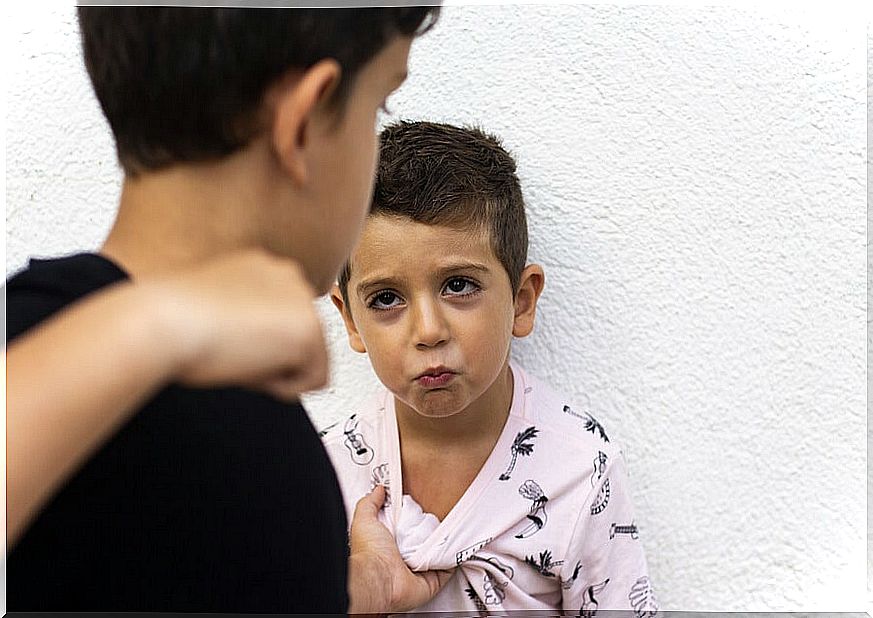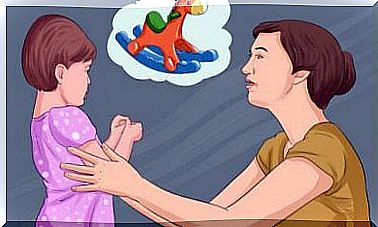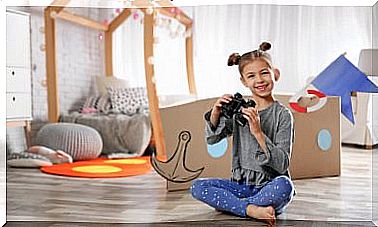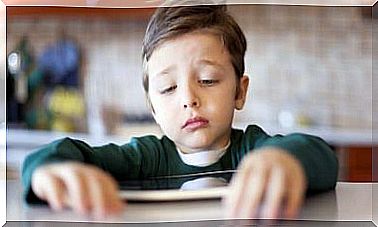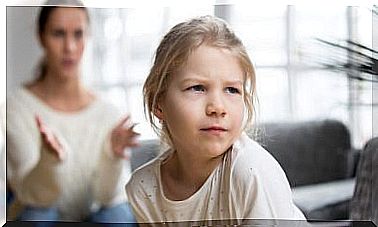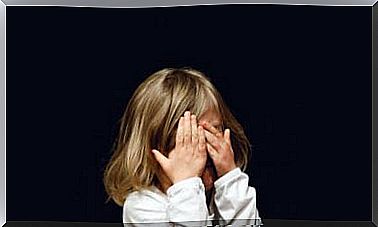What Do I Do If My Son Is Aggressive Towards Me?
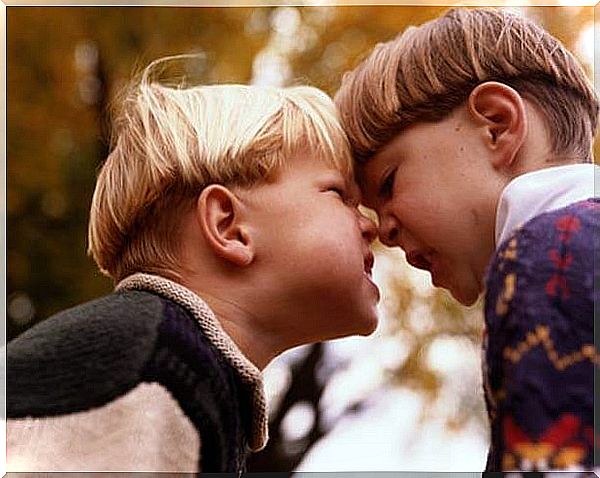
What do I do if my son is aggressive with me? You ask. I think the first thing you should do is identify the source that fuels that aggressiveness. And, from there, channel it and correct the situations and external factors that can be controlled.
According to some articles published in specialized psychology portals there is no unanimous agreement on the definition of aggressiveness. It is not as such in any diagnostic classification, so it is not considered a disorder. But more of a misfit behavior.
Among the conclusions of the specialists, different definitions such as intentionality, the way it is produced or the result they arrive at stand out. However, aggressive behavior is normal in certain periods of childhood development. The so-called manipulative aggressiveness is linked to growth and fulfills an adaptive function.
On the other hand, certain studies show that aggressiveness emerges when difficulties in childhood come together with a stressful environment. As a consequence, these children have a more complicated temperament and worse behavior from their early years. For this reason, they tend to be perceived more negatively by their mothers, especially if they also suffer from hyperactivity.
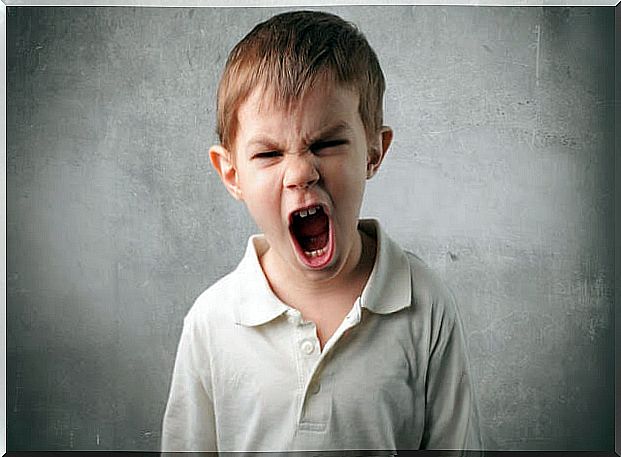
What factors can motivate aggressiveness
Reyna Quero, who specializes in play therapy and treats problems in children and adolescents, specifies that the origin of an aggressive infant does not depend on a single factor, but on several. However, it is clear that a child who hits has problems in the social and emotional spheres.
Sometimes, this type of aggressive behavior can be motivated by a need for the little one to get attention. Both the adult and the rest of the children. Which would be a clear indication of problems in relation to social relationships, says Teresa Cruz Madrid, psychologist and expert in coaching.
Children experience frustrations, but unlike adults they do not have the necessary tools to express them. Therefore, their way of doing it is through these types of impulses.
“We must suggest, support and encourage positions of security and self-confidence in our children. If we constantly criticize their behavior, we will only be able to isolate them and make them feel that they cannot turn to us in such a situation ”, advises Teresa Cruz Madrid.
It is also necessary to guide them and show them the disapproval that this type of behavior produces in adults. This way they will be able to realize that this way they will not achieve their objectives.
On the other hand, aggressiveness can arise as a result of a major change in the child’s life. If they have lost a loved one, have gone through a move, or have experienced any other major change in their routine, these types of behaviors may arise.
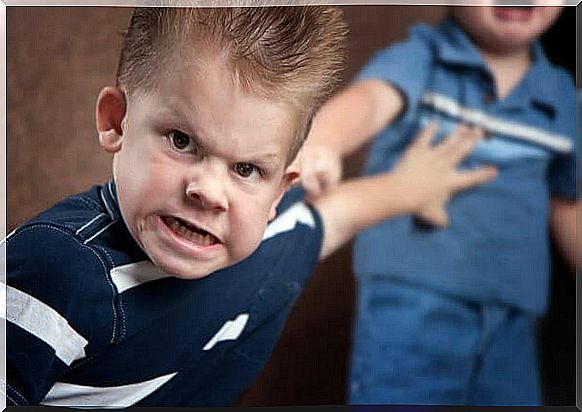
What to do if your child is aggressive
Many little ones find it positive to go to activities that release energy such as martial arts. This is a way to learn to channel your aggressiveness in addition to learning that violence is not the solution to solve problems.
When the child has already insulted or hit his parents, it is easier for him to act in the same way with his siblings and peers of similar age. They will generally target the most vulnerable, passive or insecure children. Anxious and inhibited children who find it difficult to defend themselves and socialize.
Among the alternatives that you can implement to help your child control his aggression are:
- Encourage dialogue, not imposition or monologues.
- Play with your children, as this eliminates friction and creates cordial ties of sympathy.
- Strengthen relationships through spontaneous acts such as a kiss, a hug or phrases such as “how good you are”, “I trust you”. It is also positive to reward the child’s achievements with sweets, money or toys, but the material should not be attended to more than the emotional.
- Avoid punishments and beatings in the family environment, and give preference to respect.
- Say “yes” when there is no reason to say “no. ” And also say “no” so that the infant learns to negotiate without crying or throwing tantrums.
In any case, if the situation does not change and begins to worsen, it is best to go to a psychology professional. He will study the child’s situation and propose the most appropriate intervention and guidelines.
